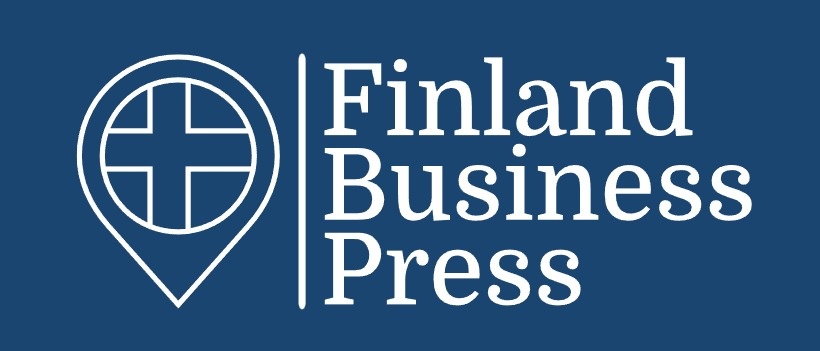From burgeoning startup ecosystems to groundbreaking technological advancements and innovative green initiatives, discover the noteworthy developments propelling these urban centers into the international spotlight.
Embark on a journey through the burgeoning startup ecosystems, groundbreaking technological strides, and innovative green initiatives that have propelled Finnish urban centers and tourist destinations into the global limelight. With a recent surge in new startups and funding activities, Helsinki, the Finnish capital, secured the 11th position in EU-Startups’ prestigious ranking of Europe’s top startup hubs earlier this year. Notably, Helsinki has earned recognition as a frontrunner in the gaming industry, health, and cleantech sectors.
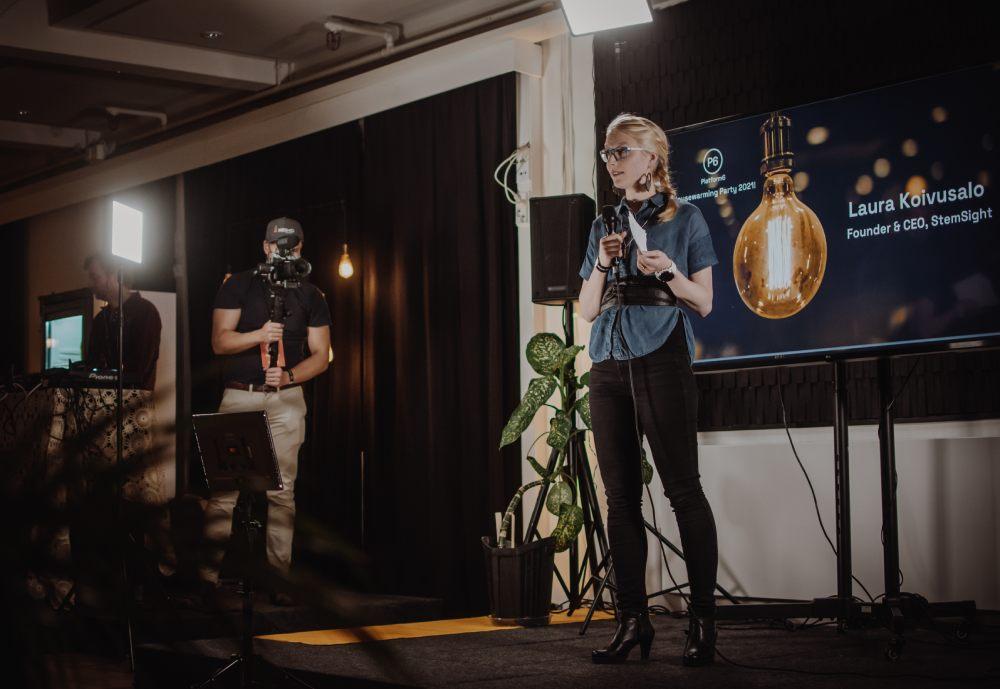
Adding to Helsinki’s acclaim is the annual Slush conference, a premier global startup and tech event. This gathering has not only drawn international innovators, investors, and media attention but has also solidified the city’s reputation as a hub of entrepreneurial excellence, providing unparalleled networking opportunities.
The comprehensive ranking by EU-Startups involved assessing 150 European cities based on initial criteria such as website traffic. Further analysis delved into the number of startups founded in each city over the past three years and their recent funding activity. These metrics showcase the dynamic and thriving nature of Finnish cities, highlighting their commitment to innovation, sustainability, and a robust startup culture.
Lahti
Renowned as the European Green Capital and celebrated among five forward-thinking European cities, Lahti continues to lead the sustainability charge. Earlier this year, the city unveiled a groundbreaking pilot program aimed at addressing the environmental impact of discarded textiles, showcasing its unwavering commitment to green initiatives.
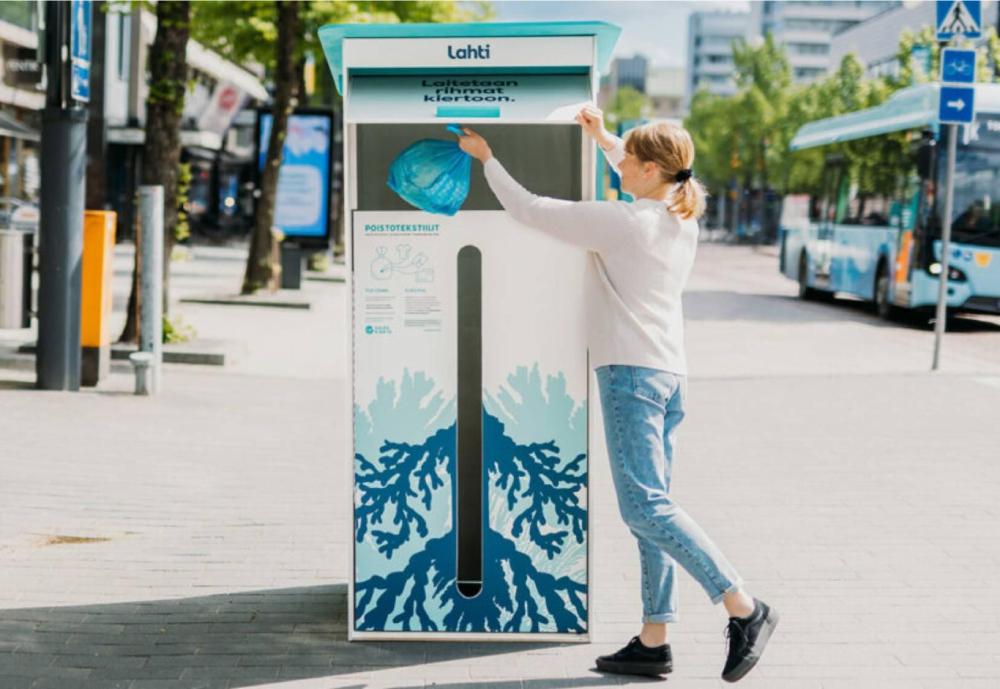
The innovative initiative introduces a new deposit system for textile recycling, inviting residents to bring their textile waste to designated pop-up collection points. In return, participants receive vouchers redeemable at local cafes or outdoor pools. The collected textiles undergo processing to create recycled fiber, contributing to the production of various new products.
Kimmo Rinne, Development Manager at Salpakierto, a municipal waste management company in the Lahti region, emphasizes the significance of a circular economy for the future. Rinne notes, “Our future depends on a circular economy, but it can’t just be the consumers’ responsibility to take care of recycling.” The pilot program seeks to explore the roles countries, cities, and companies can play in making recycling more accessible and appealing to the public. With a successful history of deposit systems, the city envisions a potential future implementation for textiles, aligning with its commitment to sustainable practices.
JYVÄSKYLÄ
The central Finnish city of Jyväskylä, recently the host of the prestigious Secto Rally Finland in early August, is embarking on a groundbreaking collaboration with the Toyota Gazoo Racing World Rally Team (TGR-WRT) and Toyota Mobility Foundation (TMF). The joint venture aims to cultivate “a carbon-neutral, sustainable, and diversified society” through community development initiatives.
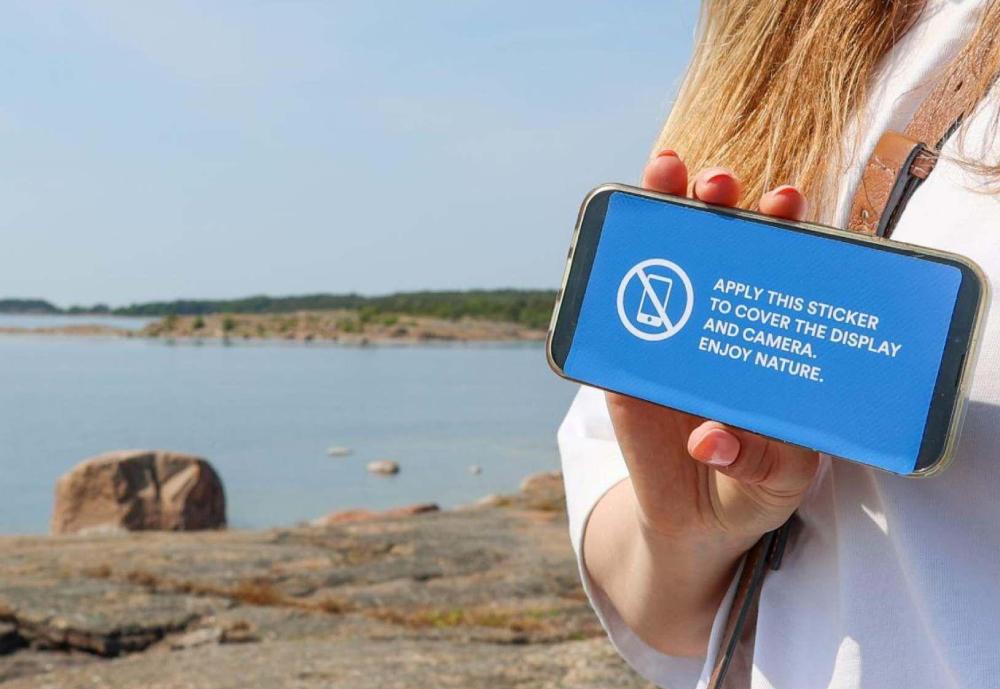
Solidifying their commitment, the parties have signed a letter of intent, outlining plans to establish a new environmentally friendly development center in Jyväskylä. This center will not only be a pivotal hub for TGR-WRT’s activities but will also serve as a base for the development of “ever-better cars” in Europe. The focus will be on decarbonization and initiatives aimed at reducing emissions.
Mayor Timo Koivisto expressed enthusiasm about the partnership, stating, “This is a great day for our growing city. For Jyväskylä, this partnership opens up new opportunities where the pursuit of sustainable development, a carbon-neutral future, and data-driven mobility is concerned.” The collaboration signifies a significant step toward fostering sustainable practices and advancing the city’s commitment to a greener, more environmentally conscious future.
TAMPERE
Renowned for its industrial legacy and dynamic startup culture, the southwestern Finnish city of Tampere has unveiled an ambitious and forward-thinking strategy — the Tampere Metaverse Vision 2040. Unveiled during the Tampere Smart City Expo & Conference in June, this groundbreaking strategy, developed in collaboration with The Metaverse Institute in London, is hailed as “the world’s first people-centered metaverse strategy.”
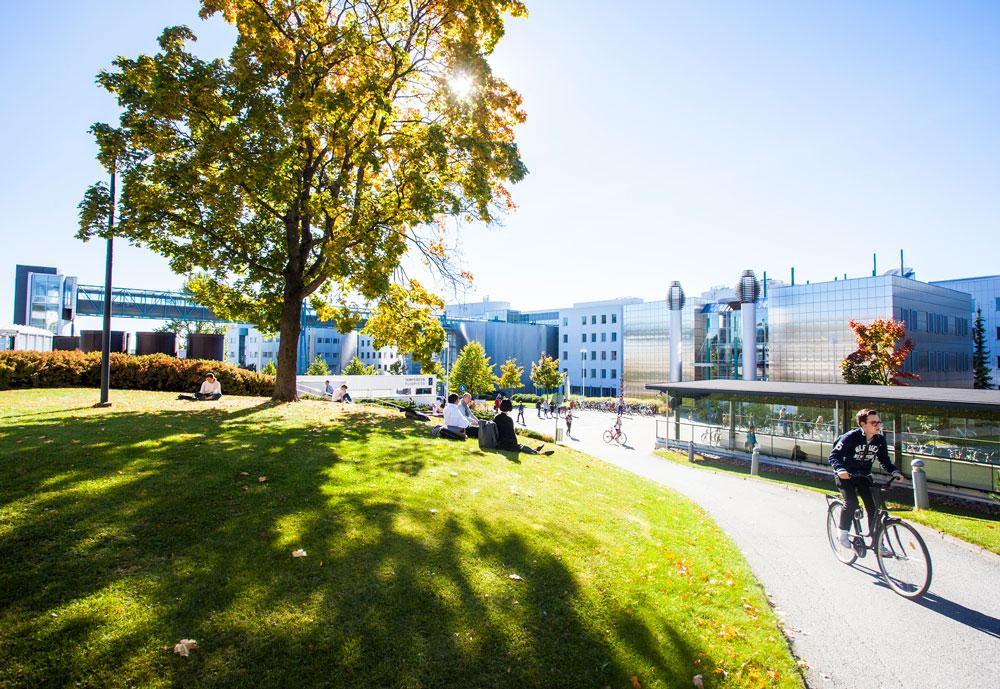
The vision positions Tampere as a pioneering hub for metaverse technologies and experiences by 2040, leveraging the city’s industrial history and vibrant startup scene. The strategy aims to harness the potential of metaverse technologies to enhance various aspects of urban life, including education, healthcare, entertainment, and business. Additionally, the vision emphasizes the increased opportunities for citizens to influence decision-making processes.
Tiia Joki, Development Manager at the City of Tampere, explains, “[The] metaverse intertwines numerous themes and concepts that are already being pursued and those on the horizon, such as data utilization, digital twins, virtual realities, and artificial intelligence. Hence, the concept is now prominently emerging. For us, the metaverse is not merely a virtual realm but a continually evolving digital environment seamlessly integrated into the real city.” This visionary approach positions Tampere at the forefront of shaping a people-centered digital future.
ULKO-TAMMIO
Nestled some 30 kilometers off the town of Hamina, the island of Ulko-Tammio, often hailed as “the jewel of the Eastern Gulf of Finland,” has set a remarkable goal for itself – to become the world’s first phone-free tourist destination. This unique initiative encourages holidaymakers to disconnect from their smart devices and immerse themselves fully in the natural beauty that surrounds them.
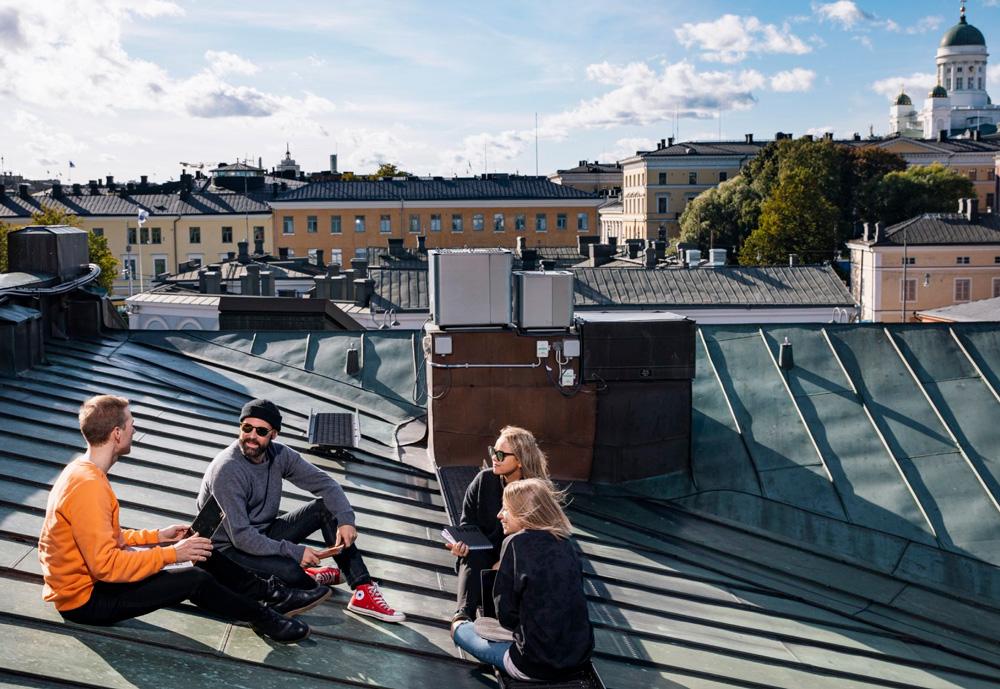
Beyond its picturesque landscapes, Ulko-Tammio aims to provide visitors with a “digital detox” experience, promoting genuine connections and fostering a focus on authentic experiences. Travel and medical professionals endorse this initiative, citing benefits such as improved mood, enhanced overall well-being, and relief from symptoms of anxiety and depression.
Joel Heino, Manager for Outdoor Recreation and Visitor Management at Parks & Wildlife Finland, expressed enthusiasm, stating, “We encourage visitors to put their phones away voluntarily and to focus their senses on nature rather than on their phones. This is a great initiative that could be implemented in other nature and recreational destinations, too.” Ulko-Tammio Island emerges as a haven for those seeking a respite from the digital world, offering a unique opportunity to reconnect with nature and promote well-being.
